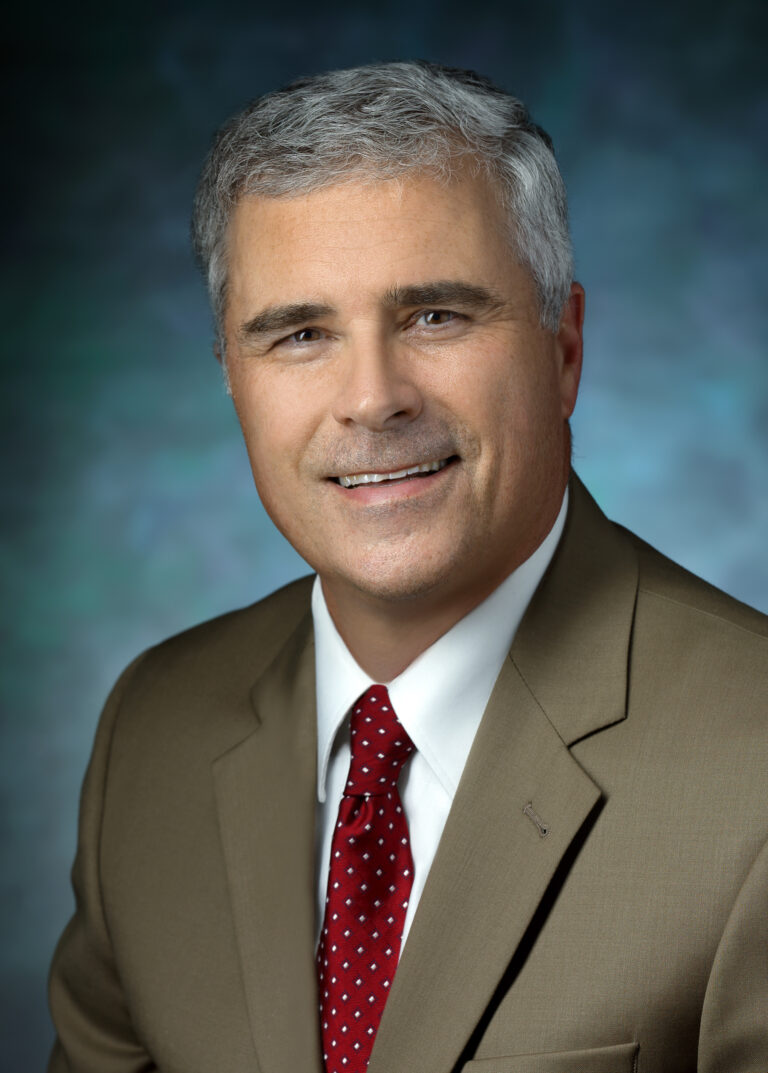Jeff welcomes to the podcast Richard A. Schaefer, MD, MPH, an orthopaedic surgeon and human at Johns Hopkins University.
As surgeons, creating understanding and make strong connections with our patients can lead to better outcomes. Often, our patients want to better understand us too. When we have communication with mutual understanding, everyone benefits.
Knowing our patients beyond their medical condition can be an effective tool to ease any nervousness on the patient’s part and ultimately help us provide better care.
So what does Richard suggest we do to make better connections with our patients?
- Focus on the Human Details. Before seeing the patient, take a moment to look at the patient’s chart and simply repeat their name in your head.
- Engage in Some Small Talk Before the Big Talk. This small talk can be just that – small. It doesn’t have to be anything profound. If you can’t think of anything, talk about the weather. That’s a common topic we all deal with on a daily basis and can all relate to.
- Jot Down Some Notes in the Patient’s File. This can be anything personal you learn about the patient – their occupation, a hobby, etc. These notes can be referred to in subsequent visits to further engage with the patient.
Most importantly, PRACTICE humanizing patients to offer the best care!
Guest: Richard Schaefer, MD, MPH

Richard A. Schaefer, MD, MPH is an orthopaedic surgeon at Johns Hopkins University in Baltimore, MD. He grew up in Buffalo, NY, after which he went to West Point followed by medical school at Tulane. He did his orthopaedic residency at the former Fitzsimons Army Medical Center in Colorado, and orthopaedic oncology fellowship at Mayo Clinic. Prior to joining Johns Hopkins, Dr. Schaefer served for over 30 years in the U.S. Army, retiring at the rank of colonel. He had a number of stateside and overseas assignments at military medical facilities, including two tours in Afghanistan. He received several military decorations and awards for his service, including the Bronze Star Medal and Combat Action Badge.
In addition to his clinical practice at Johns Hopkins, Dr. Schaefer is a medical student advisor, providing longitudinal school and career advising to a cohort of students from their first day and throughout the 4 years until they graduate. He has a variety of outside interests including travel, art, and sports, and is a lifelong die-hard fan of the Buffalo Bills.
